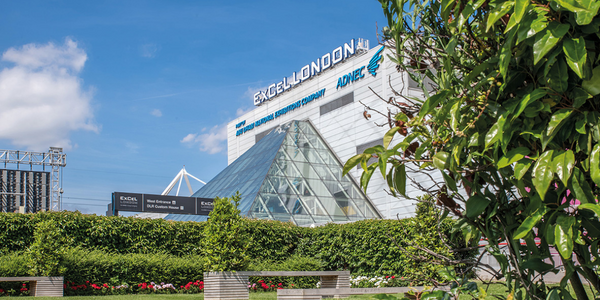When I catch up with Ellie Simmonds, it’s during an all-too brief interval between training sessions. She’s at her flat in Manchester catching up on a bit of rest, but ordinarily when she’s not practising her turns, starts and stroke skills in the pool, she’s in the gym working on her strength and conditioning. It sounds arduous, and it has to be to compete at the level she does: at the tender age of 21 she is already a two-times Paralympian, and has dedicated her life and career to swimming at the very highest level.
Next month, Ellie, who captured the hearts of a nation as she wept on the medal podium after winning two golds at London 2012, will enter the pool at Glasgow’s Tollcross for yet another shot at glory as she bids to qualify for Rio 2016 in September.
I’m intrigued to know how the training is going – she must really be gearing up right now?
To my surprise she tells me that she has done all the hard fitness work over winter, and now is actually the time when she’s preparing to move into the technical phase of competitive racing, or more “race specific” tactics, as she puts it. She is also hoping to sit down with her coach and work out what races she aims for; her specialisms are the 400 freestyle and 200 individual medley.
“I need to discuss what I want to swim at trials because for past games I’ve done four or five races so maybe I’ll do that, maybe I’ll just focus on the two, but at the moment I don’t know.
“But I’m not preparing at the moment for the Paralympics,” she says. “It’s all just focused on trials. Once the trials are over, I’ll be preparing for Rio. Once I know I’m on the team and see my name on the list then it’s all focus on September for the big one.”
Nevertheless, her day sounds exhausting, with her first pool session from 7:30 to 9:30am, then an hour or more in the gym, some rest, and back in the pool from 3:30 to 5:30pm.
She clearly wouldn’t want to be doing anything else, though, and she says she’s ready for the British Para Swimming International trials at the Tollcross International Swimming Centre in Glasgow at the end of April. It’s a city she’s familiar with, having won gold in the 200 metre individual medley at the IPC Swimming World Championships last July.
“We had our world championships there last year; that was exciting and a great meet,” she says. “And we had our trials for the world championships as well. It’s a great pool and I’m really looking forward to having the trials for the Paralympics there, it’s going to be exciting.”
For many, London 2012 put the Paralympics on a much firmer footing; it has been rising steadily in popularity for a number of years but a home Games, and the performance of Team GB athletes like Ellie – not to mention the exposure it had on the BBC and Channel 4 – led to a huge upswing in awareness and support.
“I think each Paralympics is getting bigger and bigger,” she adds. “The awareness and the publicity is getting huge. London was a home Games that I will never forget, it will always be in my memory throughout my career but I think Rio is going to be another amazing Games.”
Whilst 2012 has been a great foundation to build on, Ellie is also keen that the interest doesn’t plateau. She doesn’t exactly sound frustrated, but she’d clearly like bigger attendances for the more regular events in her sport, so I ask her what she thought of Glasgow’s ability to put on a para swimming event last year, especially after a soon-to-be-published report has rated the venue very highly in terms of its facilities for spectators and athletes, accessibility, as well as disability awareness among staff and spectators.
“That’s really great,” she says. “The facilities were incredible, and it ran really smoothly. It was a great event to be part of. I think we do pretty well, although I think there can be improvements, like getting in the crowds, especially for paralympic sport, but I think the facilities and everything like that are superb.
“It’s nice to know how it works, and you’re used to the surroundings; the crowd were good, they were great, but it always can be better; if it was like London that would be even more incredible, getting the general public to know that it’s on so they can come and support their team and their athletes.”
As an athlete she admits she is not necessarily all that aware of what goes on around her, in terms of the event itself and how it appears. I suppose not noticing is probably a good thing, the absence of any concern being a positive reinforcement that the organisers are doing something right.
“You don’t really know to be honest because we’re just there, we just rock up, put our entries in, organise what hotel we’re staying at and transport and things. But you don’t really get to know the plan, you just go up to the pool on the day, swim in your heat and in the final, so you’re not aware of that.”

![Lime Venue Portfolio to Partner with Stress Matters on Neurodiversity Initiative Lime_Venue_Portfolio_(600×300)[1]](https://eventsbase.co.uk/wp-content/uploads/2024/03/Lime_Venue_Portfolio_600x3001.png)


